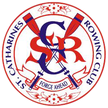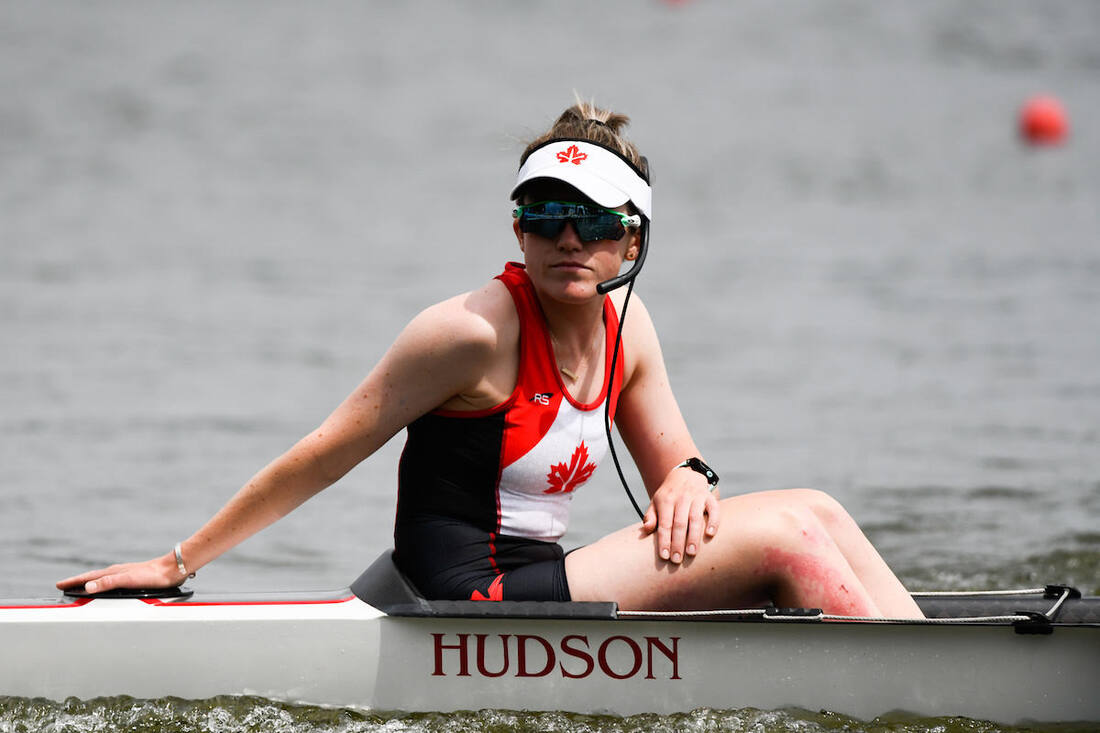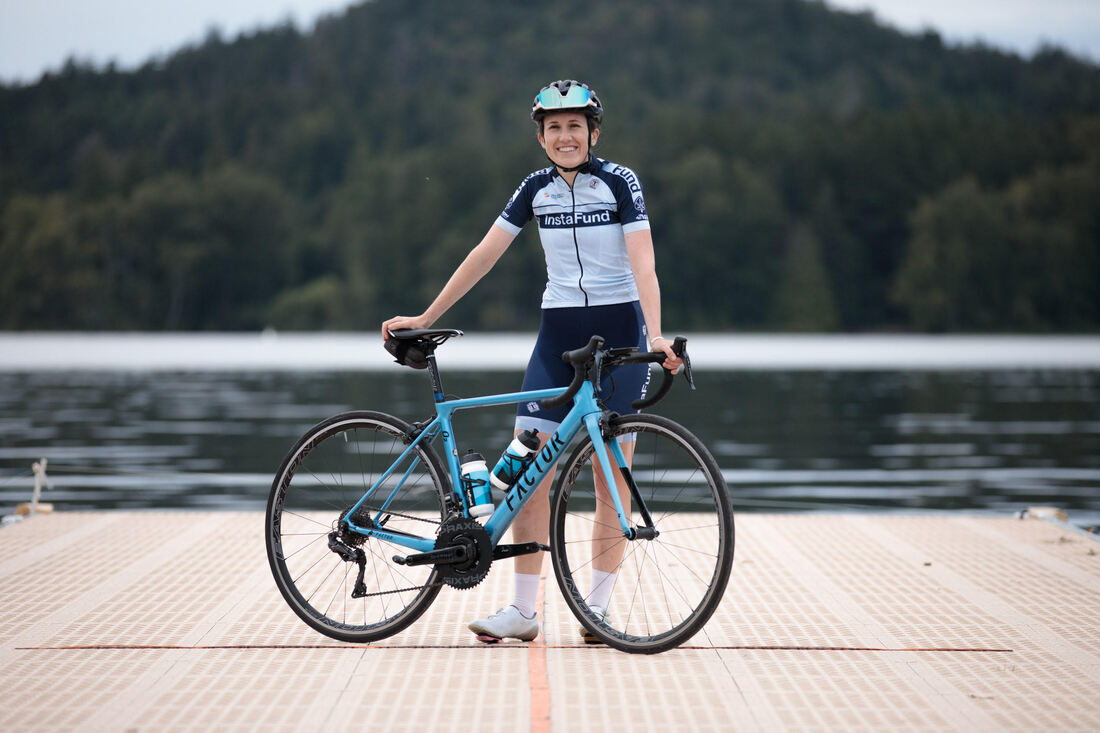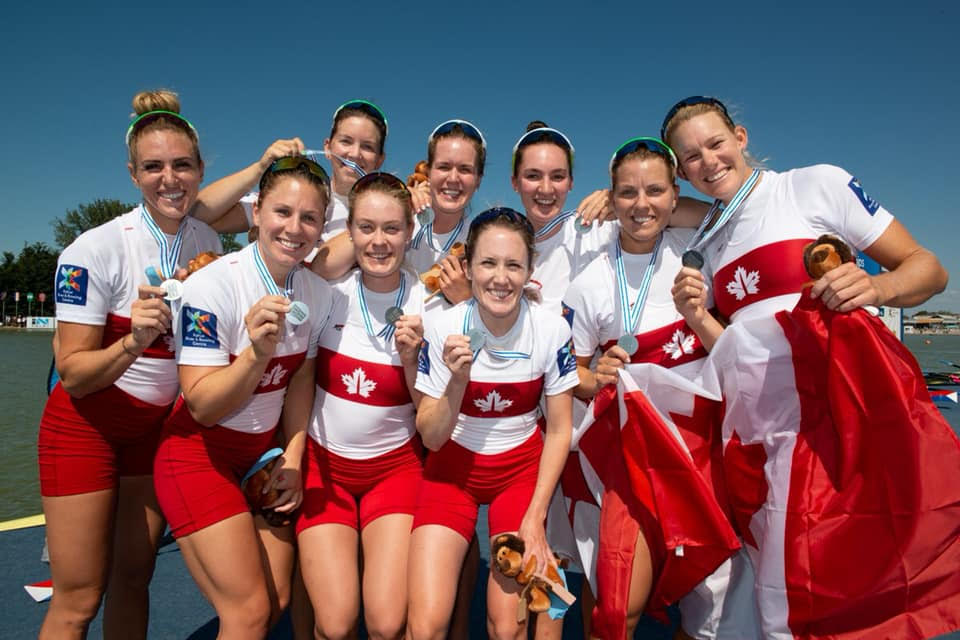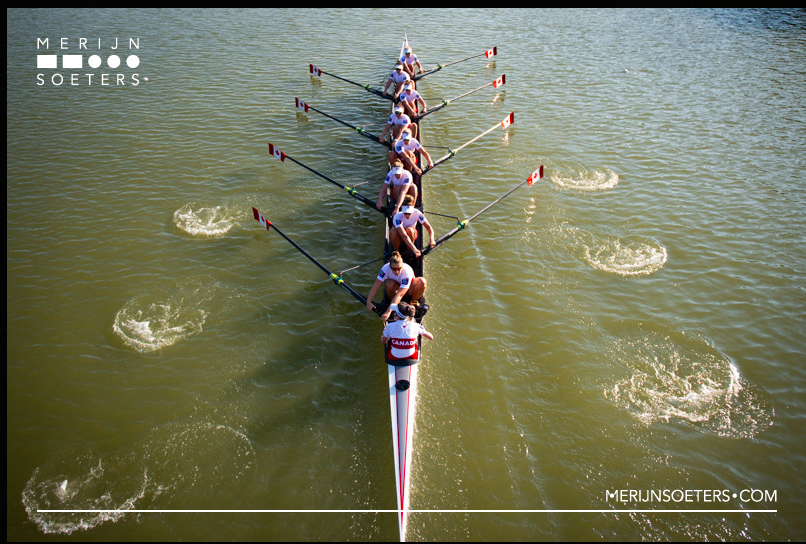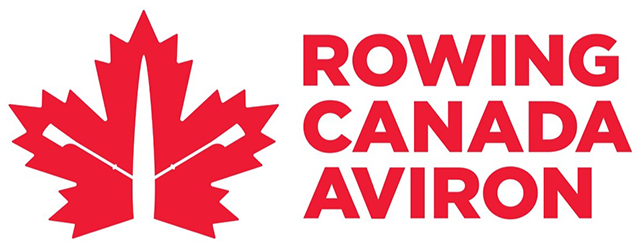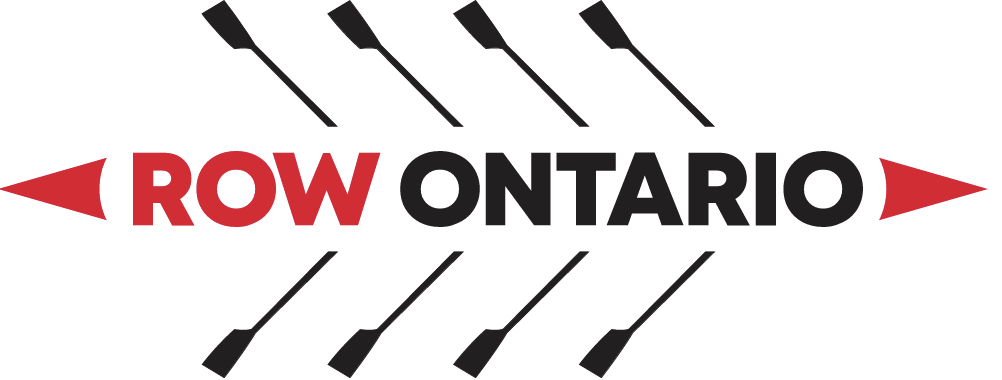The St. Catharines Rowing Club PresentsA Conversation with Kristen Kit The road to the Olympics, even for a seasoned veteran like Kit, is paved with difficulty.
LK: Could you speak about your introduction to the sport of rowing? Where does St. Catharines fit into this? KK: I went to Sir Winston Churchill (go bulldogs!), and I was a very mediocre, but competitive, cross country runner. In grade nine, the learn to row program was very popular and I knew a lot of people participating. My grandfather, John Kit, helped start the rowing program at Churchill as a teacher-advisor. He actually gave some money near the end of his life to the club for boats. I showed up to a few indoor sessions, and got lucky. I was put in a really good boat, that I was definitely under qualified to be in at the time. It was a midweight four, I believe, and three of the girls were already experienced, and Nicole Gough and I were the grade nines. We won a lot of races that year. I was really fortunate to be in that boat. I remember at the Early Bird regatta, we were in the starting gates, and I realized that I didn’t know how to steer straight! I remember saying into the mic, “girls, we gotta go, because I’m going to hit boats”. We crossed the course horizontally twice, and we still won. They were just so strong that we got ahead of everyone and it didn’t matter. I loved competition, the culture, and the camaraderie that our coach, Andrew Pilsworth built, which made me come back.
I joined the SCRC club that summer. It was so cool, I think we had seven Jr. B Women’s eights. It was really fun to see how good I could try to get. I made it into the top boat, but it was really hard and very fulfilling. We didn’t do well at Henley; in all my years of junior, we never won a medal at Henley. But it was such a neat experience. In grade 10, we did really well again, this time moving up to senior. We won everything in grade 11. The whole program did so well that year; it was an amazing group of athletes. I’m from a pretty average, middle-class family-- rowing for SWC and SCRC opened a lot of doors for me, which I am very grateful for. The first three years instilled the passion that comes and goes to be honest, and that was what made it fun. My experience of growing up and coxing in St. Catharines is what established my foundation for the sport. I think it [the culture] was a pretty special thing that the club offered me, it gave us all meaning in our daily lives. LK: Yes, we are so lucky that there are so many schools in our area that foster rowing, because that is quite rare generally speaking. KK: Absolutely, and from the funding side of things, it was fairly inexpensive for me to participate, and I don’t see that in many other places in the world. It’s pretty amazing what the club does to work with the high schools to have co-ownership with the equipment and such, because it’s making so many opportunities available for students. LK: We have met very briefly once before, at the 2017 NRCs. You knew my coach, Michele Fisher, from the national team circle, and struck up a conversation while we were practicing before the regatta. I recall that you thanked her for her advice to wear hats in the boat at the Sarasota World Championships because of the torrential downpour. Going off of that, how do you feel about rowing, and any sport really, being a constant learning process in which collaboration is crucial? KK: I’ve relied a lot on athletes and coaches to help me in the learning process. I always tell coxswains, you have to be a rowing nerd to become a good one. I have this very curious part of my brain that’s always learning what I can do to help my boat find speed. I’m really hungry to learn and do my best. I also learn a lot from my teammates. Every boat and every group has its own personality, and even if the people stay the same, the personality of the boat will change, because people change over time. So I always try to support and adapt, and try to be the best athlete I can be. I think that’s what will help me for Tokyo if we get to race. I had a bit of an up and down four years leading up to Rio. There were moments when I felt like I had the choice to either keep doing the same thing, or push myself to find new ways to discover that speed, and better support my crew. In terms of collaboration for myself, I’d love to use my experiences to help other coxswains. I mentor coxswains now, and it’s great. I genuinely believe that you can have all the information in the world, but in the moment, you still have to be able to make the right decision. It’s hard as a coxswain if you don’t have a model, so I’m happy to pay it forward. I don’t want it to be a sheltered, individual process. LK: What excites you about rowing? How do you maintain that passion in the midst of the pandemic? KK: It’s been different; we broke the day after Canada pulled out of the Olympics, and we were largely on our own in a quarantine situation until June. I race road bikes professionally, I was on a UCI, professional contract for two years with InstaFund Left Prima racing in Vancouver. That really helped me with the mental side of racing. I used to run half marathons, but then I started injuring myself, so I bought a bike. I use the bike as my training tool both for weight as well as learning how to keep a consistent wattage under the pressure of lactate! There’s a lot of carry over between cycling and rowing in terms of performance and racing. As a coxswain, I don’t really get to race that much, so the bike gets me more race starts! In the pandemic, the bike allowed me to explore and adventure in a safe way, and I still do that now that we are back training full time. It’s a great mental release. I’m choosing to not race before the Olympics because the risk of injury is not worth it. I do train 15-20 hours on the bike a week, and I try to do similar workouts to the women. It helps me to understand the mental side of consistently putting in your best effort day after day. I also had a coxswain coach, as well as a variety of Olympic medallist coxswains mentor me in the last year. I’m always trying new things to stay sharp. In rowing we can plan for everything but something can still happen, be it equipment malfunctions, weather conditions, or extraneous circumstances. So I try to amass as many tools in my toolbox as I can (an idea my old UBC coach, Craig Pond, put in my head). Outside of rowing, I’m working on my undergrad. I also work part time at a financial startup doing research (Collective2Financial). My first U23s was in 2009, so I’ve been pretty focused on rowing for a long time. This will be my third Games if Tokyo happens and it’s really good to have a focus outside of rowing, because when things are going well, it’s such a rush, but when things may not be going as well, it can be really low. So it’s great to have something outside of rowing to balance it all out. It’s also important to be honest about how difficult it is right now. Everyone is struggling in this very crazy time. I’m seeing a lot of positive content out there on social media, but it’s also important to acknowledge that these are hard times. Many coxswains especially haven’t been in a boat in such a long time. LK: Absolutely. But if I’ve learned anything in the last year that if you hit a major roadblock in training, it doesn’t mean you’re done for as an athlete. Obviously you need to keep training, but with situations like this, your athletic career isn’t over. I certainly struggled with that when everything closed up in thinking that it would be so difficult to recover from this, but as athletes, we are resilient and can make a triumphant return. KK: Yes, just make the most of what you have and move forward.
LK: What lessons have you learned from rowing that are also applicable to other aspects of your life? KK: The big two that I like to share are: The first is, ‘why not me?’ Someone has to fill the seat, so why not you? I’m not from a sporty, or extremely affluent family (I’ve noticed rowing is still a very wealthy sport in many areas of the world). My family worked really hard to get me these opportunities. There are a lot of reasons why you can’t do something, but ultimately, why not you? There is always a way for you to be able to do something if you really want it, or at least be able to create a silver lining out of the situation you may find yourself The second is that I make a lot of mistakes, and I fail a lot, but I still show up. I’m a perfectionist, and I’ve had to work on over the years. I’ve realized, I don’t have to be perfect, I just have to do my best. Failure is not failure if you refuse to let it remain so. I think SCRC is a special place for rowing, and we all have to actively work to keep it like that. I have a faint memory of when Jean Chretien came to St. Catharines for the 1999 Worlds. I didn’t even know what rowing was at the time, but I have this strong feeling of hometown pride from that event. It’s exciting to think that a new generation is going to experience that in this decade. There’s the mega Worlds in 2024, and the Canada Games in 2022. These are amazing events and the more people that are engaged that aren’t directly tied to the club, the better. Mayor Walter Sendzyk is doing such a great job, and I hope the club continues in this positive direction. I wouldn’t be here if it wasn’t for the St. Catharines Rowing Club and Sir Winston Churchill, they did so much for me. AuthorLauren Kelly is a junior at the University of Notre Dame, where she competes on the rowing team and majors in history and Irish studies. A long time member of the St. Catharines Rowing Club, she recently stepped into the role of social media coordinator for the club. The St. Catharines Rowing Club (SCRC) is hoping to offer a 2021 Spring Rowing experience for local area students. As COVID limits what the SCRC can offer, we hope that a less restrictive COVID Code will allow us to provide an exciting Spring rowing experience.
The COVID-19 pandemic has severely limited sports clubs and other organized athletic activities and team sports. Even casual recreational exercise with our friends has been modified. All of these activities are usually taken for granted. Our Niagara school athletes have also been significantly affected by the closures. We strongly encourage experienced rowers and those that have not rowed before, to access the link Rowing Lead Coach to contact the designated coach for your school. Through the month of March and possibly April, a land-based training program will be made available modified to what equipment is available to each athlete. The coach will also act as a liaison with the SCRC for information regarding on-water activities. The COVID restrictions and protocol of the day, equipment and coaching availability, and athlete sculling experience will all factor into what can be offered on-water moving forward. There will be no charge for the land training. On-water fees will be determined once we have a clearer indication of what can be offered as well as a start date confirmed. This opportunity is available to all students in Grades 9 through Grade 12B As always, Niagara Region Public Health COVID protocols will determine our programming. What if my school doesn't have a rowing program? Students who attend a Secondary School that does not have school-based rowing program can participate in this program. Please contact our SCRC Club Manager about joining the SCRC Secondary School rowing program. |
St. Catharines Rowing ClubThe St. Catharines Rowing Club has a long tradition of competing at the highest level in the sport of rowing. Categories
All
Archives
November 2023
|
Please Support Our Sponsors
SIGNATURE
PLATINUM
GOLD
SILVER
BRONZE
© 2014, St. Catharines Rowing Club
St. Catharines Rowing Club, P.O. Box 28010, 600 Ontario St., St. Catharines, ON, L2N 7P8.
St. Catharines Rowing Club, P.O. Box 28010, 600 Ontario St., St. Catharines, ON, L2N 7P8.
